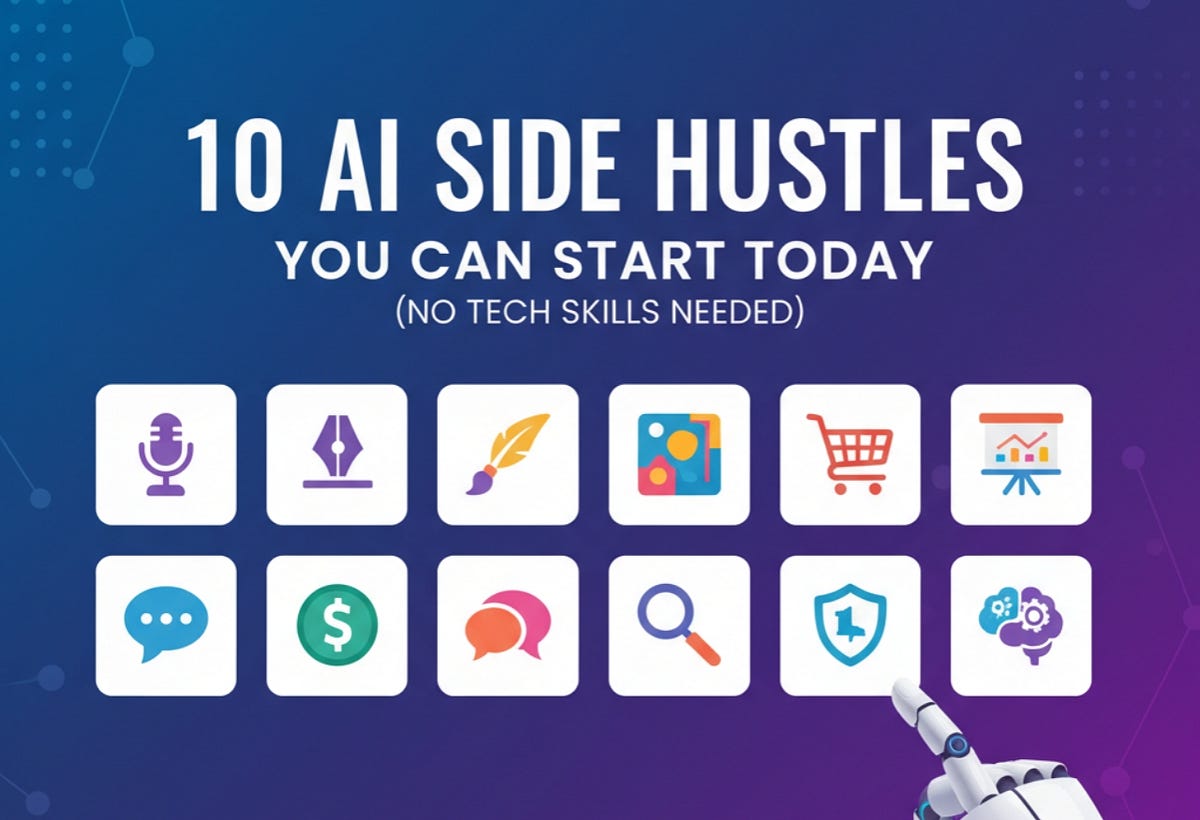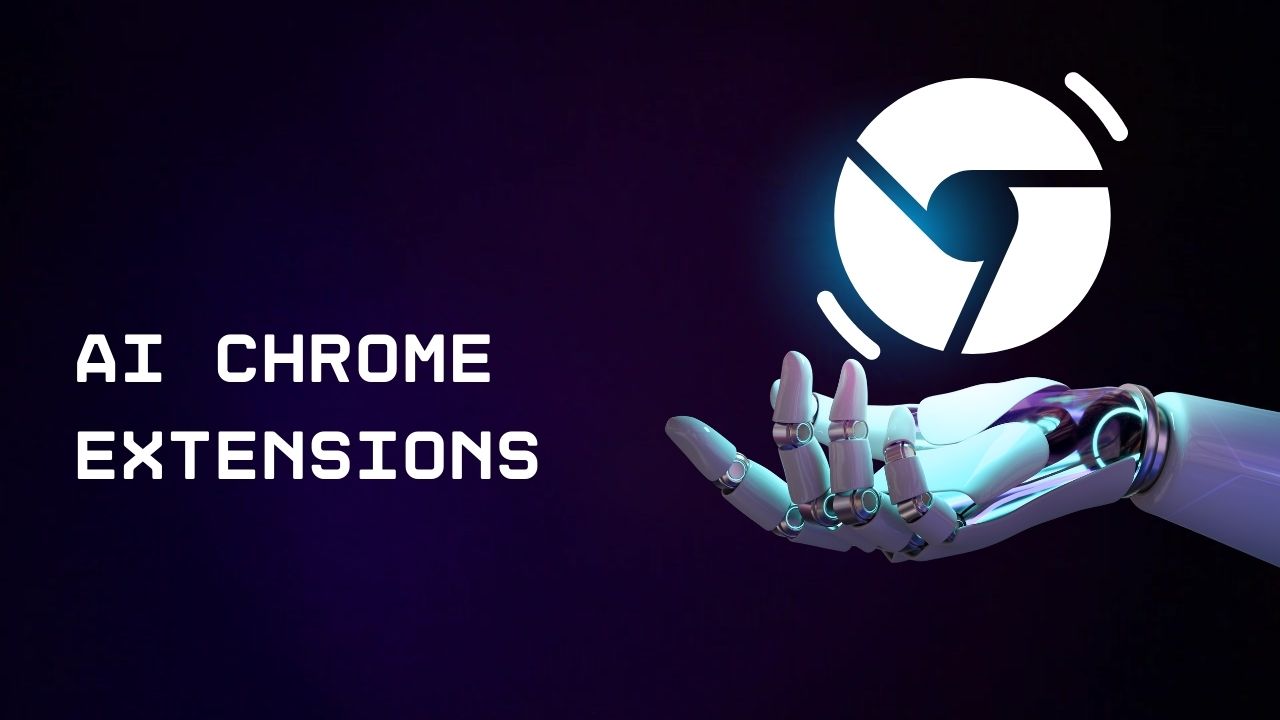
ChatGPT AI Agents: The Autonomous AI Revolution That’s Automating Your Entire Workflow in 2025
In the fast-evolving world of artificial intelligence, ChatGPT has long been the go-to tool for generating text, answering queries, and brainstorming ideas. But what if it could do more than just respond? Imagine an AI that not only understands your request but also takes action: booking meetings, analyzing data, or even shopping on your behalf.
Enter ChatGPT AI agents, the next frontier in agentic AI that’s transforming passive chatbots into proactive partners. As of October 2025, OpenAI’s latest updates have made this a reality for everyone from solo entrepreneurs to enterprise teams. If you’re still treating ChatGPT as a simple query engine, you’re missing out on productivity gains that could save hours each week. In this guide, we’ll dive into what ChatGPT AI agents are, the groundbreaking developments shaking up the scene, and how you can harness them today.
What Are ChatGPT AI Agents? Understanding the Shift to Agentic AI
At its core, a ChatGPT AI agent is an extension of OpenAI’s flagship model that goes beyond conversation. Traditional ChatGPT excels at natural language processing, but it stops at suggestions.
An AI agent, however, operates in a loop of observation, reasoning, and action. It observes a task, reasons through steps using advanced models like GPT-4o or the new o1 series, and then executes via integrated tools such as web browsers, APIs, or databases.
This agentic AI paradigm draws from concepts in reinforcement learning and multi-agent systems, where the AI simulates human-like decision-making. For instance, instead of asking ChatGPT to “research market trends,” an agent could scrape data from sources, compile reports, and email summaries all autonomously.
According to recent enterprise adoption stats, businesses using these agents report 30 to 45 percent productivity boosts, with average savings exceeding $75,000 annually per team. The key enabler? OpenAI’s Agent Mode, which runs in a secure sandbox, ensuring actions are controlled and reversible.
Why does this matter for SEO and content creators like you? Agentic AI isn’t just hype; it’s a tool for scaling content production. An agent could optimize blog outlines for keywords, generate meta descriptions, or even A/B test headlines based on real-time search data.
October 2025: The Month ChatGPT AI Agents Went Mainstream
October 2025 marks a pivotal moment for ChatGPT AI agents, with OpenAI accelerating the “agent era” through a series of launches. On October 6, the company unveiled AgentKit, a suite of tools designed for building, deploying, and optimizing agents without deep coding expertise.
This includes drag-and-drop interfaces for agent workflows and an Apps SDK that turns ChatGPT into a full app platform, accessible to its 800 million users.
Building on July’s ChatGPT agent introduction, which allowed the AI to “think and act” using its own virtual computer, these updates address enterprise pain points. AI agents are no longer experimental side projects; they’re now core to business operations. For example, integrations with Slack enable agents to pull context from chats, execute deep research, and automate responses directly in workflows.
Walmart reports 20 percent of its traffic now stems from ChatGPT-driven queries, while platforms like Etsy and Target see similar surges in agent-facilitated commerce.
Social buzz on X underscores the excitement. Developers are sharing no-code tutorials, like using N8N with ChatGPT to build agents in under two hours, while product managers debate OpenAI’s DevDay ’25 pivot toward treating ChatGPT as an “OS for agents.” One thread highlights the cognitive leap: “From chat that answers to agents that solve, AI is evolving from a talking tool to an acting partner.” These developments aren’t isolated; they’re part of a broader trend where AI agents handle everything from code reviews to email triage, with tools like VibeCraft emerging to manage multiple agents in one dashboard.
How to Build Your First ChatGPT AI Agent: A Step-by-Step No-Code Guide
Getting started with ChatGPT AI agents is simpler than ever, thanks to Agent Builder’s intuitive interface. No programming required, just a ChatGPT Plus subscription ($20/month). Here’s a practical walkthrough to create an agent that automates your weekly content planning.
Step 1: Access Agent Mode
Log into ChatGPT and navigate to the new “Agent Builder” tab under settings. Select “Create New Agent” and name it (e.g., “Content Optimizer Agent”). Define its persona: “You are a SEO-savvy content strategist who researches trends, outlines blogs, and suggests keywords.”
Step 2: Define Tools and Permissions
AgentKit provides pre-built tools like web search, file upload, and API calls. For our agent:
- Enable “Web Browser” for trend research.
- Connect to Google Calendar for scheduling.
- Grant read/write access to your Google Drive for outlines.
Set boundaries in the sandbox: Agents can only act on approved domains to prevent errors.
Step 3: Craft the Prompt Loop
Use the reasoning loop template: Observe (gather inputs), Plan (break down tasks), Act (execute), Reflect (review outcomes). Sample prompt: “Task: Plan next week’s blog on [topic]. Step 1: Search for trending keywords via Google. Step 2: Outline 5 sections with H2 tags. Step 3: Generate a meta description under 160 characters. Reflect: Optimize for readability score above 70.”
Test in simulation mode first, then deploy.
Step 4: Deploy and Monitor
Run the agent via voice command or text: “Optimize my blog on sustainable tech.” It will output a Google Doc with the plan, scheduled post reminders, and performance predictions. Monitor via the dashboard for iterations, like refining based on engagement data.
Pro tip: Integrate with Zapier for 2,700+ app connections, turning your agent into a full automation hub. Users report building functional agents in minutes, with one X post calling it “the end of tab-hopping between AIs.”
Real-World Use Cases: Where ChatGPT AI Agents Shine in 2025
ChatGPT AI agents are versatile, fitting seamlessly into daily workflows. Here are four high-impact applications:
- Marketing and SEO Automation: Agents scan SERPs for competitors, generate keyword clusters, and draft pillar content. A product design tutorial shows how agents iterate UX prototypes by simulating user feedback loops.
- E-Commerce and Personal Shopping: With the new Agentic Commerce Protocol (open-sourced with Stripe), agents handle end-to-end purchases. Tell it “Find eco-friendly running shoes under $100,” and it compares prices, checks reviews, and completes checkout.
- Development and Code Workflows: Tools like Claude Code or ChatGPT Codex agents debug, review, and deploy code. VibeCraft lets you orchestrate multiple agents for full app builds, slashing development time by 50 percent.
- Personal Productivity: From planning weeks (Deep Agent Desktop books meetings via Gmail) to trading (AI duels on Polymarket test agents like Grok vs. ChatGPT), agents act as executive assistants. One user automated email sorting and Jira tickets, freeing up 10 hours weekly.
In enterprises, adoption is skyrocketing: 78 percent of teams are experimenting, per Gartner, with sectors like finance leading due to secure, auditable actions.
| Use Case | Tools Integrated | Time Saved (Weekly) | ROI Example |
|---|---|---|---|
| SEO Content Planning | Google Search, Drive | 5-7 hours | 20% traffic boost |
| E-Commerce Assistant | Stripe, Walmart API | 3-4 hours | $500+ in optimized spends |
| Code Review | GitHub, Codex | 8-10 hours | Fewer bugs, faster releases |
| Task Management | Slack, Calendar | 6-8 hours | Reduced burnout |
Challenges, Ethical Considerations, and the Road Ahead
Despite the promise, ChatGPT AI agents aren’t flawless. Security remains a top concern, with the AI Agent Security Summit 2025 highlighting vulnerabilities like data exploitation in user interactions. Agents can hallucinate actions or amplify biases if prompts aren’t refined. Mitigation? Always use reflection loops and human oversight.
Ethically, the shift raises questions about job displacement and privacy. OpenAI addresses this with transparent memory management, where users control data prioritization. Looking forward, expect multi-agent systems by mid-2026, where specialized agents collaborate like a virtual team. Market projections hit $500 billion, driven by integrations with AR and robotics.
Ready to Unleash Your ChatGPT AI Agent?
The autonomous revolution is here, and ChatGPT AI agents are your ticket to effortless efficiency. Start small: Build that content optimizer today and watch your workflow transform. Whether you’re optimizing blogs for SEO or automating client outreach, these agents aren’t just tools, they’re multipliers. Subscribe to our newsletter for more AI guides, and share your first agent success in the comments. What’s your next automation target?



